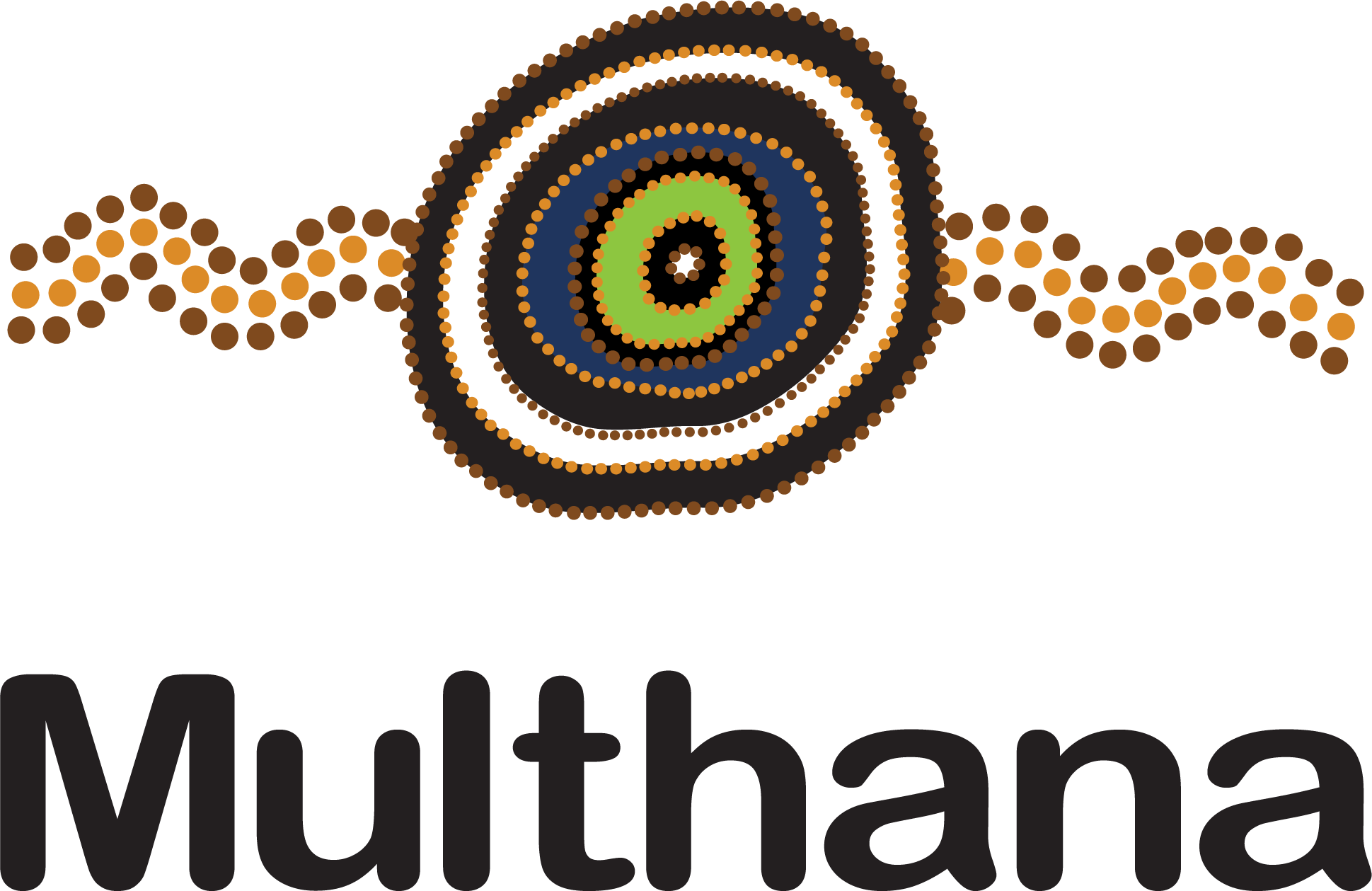At its core, reconciliation is about building respectful relationships between Aboriginal and Torres Strait Islander people and the wider Australian community. To achieve justice and equality, reconciliation must be recognised as an ongoing journey of relationship building and acknowledgement.
A Brief History
The formal process of Reconciliation began as a result of the 1991 Report on the Royal Commission into Aboriginal Deaths in Custody. Over the past 25 years, reconciliation has evolved into a multidimensional approach encompassing institutional change and practical action.
Today, the notion of reconciliation refers to rebuilding the relationship between First Nations people and the wider Australian community. It has raised broader questions about our national identity and the acceptance of Indigenous histories, cultures, and rights in our nation’s story.
Reconciliation is no longer seen as a single issue or agenda, but rather an ongoing process of healing and justice for all Australians.
The 5 dimensions
Reconciliation is comprised of, and measured by, five key interconnected dimensions: historical acceptance; race relations; equality and equity; institutional integrity, and unity. These are most commonly referred to as the Five Dimensions of Reconciliation.
Earlier this year the 2021 State of Reconciliation Report was released by Reconciliation Australia, highlighting national progress within the five dimensions. The report found that while there was overwhelming support for Reconciliation within the community, both Indigenous and non-Indigenous, this was not echoed in legislation and institutional structures.
Progressing reconciliation
Institutional reconciliation is defined as “the active support of reconciliation by political, business, and community structures.” There are many ways organisations can drive reconciliation.
Through Reconciliation Action Plans (RAPs), businesses can formalise a practical, collaborative, and structured approach to progress reconciliation within their organisation and the community.
There are many organisational benefits to participating in reconciliation initiatives. Research from Supply Nation, Australia’s largest Indigenous business directory, has found that a diversified workforce creates significant and measurable long term business benefits, including increased sustainability, cultural awareness, and innovation.
What’s next?
More Than a Word: Reconciliation Takes Action is the theme of National Reconciliation Week 2021, urging the movement towards braver and more impactful action. For reconciliation to be effective, we must not only acknowledge systemic racism and the unjust treatment of First Nations people, but also actively address these injustices so that we can reach a just, equitable, and reconciled Australia.
National Reconciliation Week is held on May 27 to June 3.
Multhana are committed to helping drive reconciliation. As a Supply Nation Certified business, we deliver commercial cleaning, landscaping, and building services for organisations with a RAP or Queensland Indigenous Procurement Policy (QIPP). Contact us at helpdesk@multhana.com.au or on 1800 68 58 77 to find out more.
